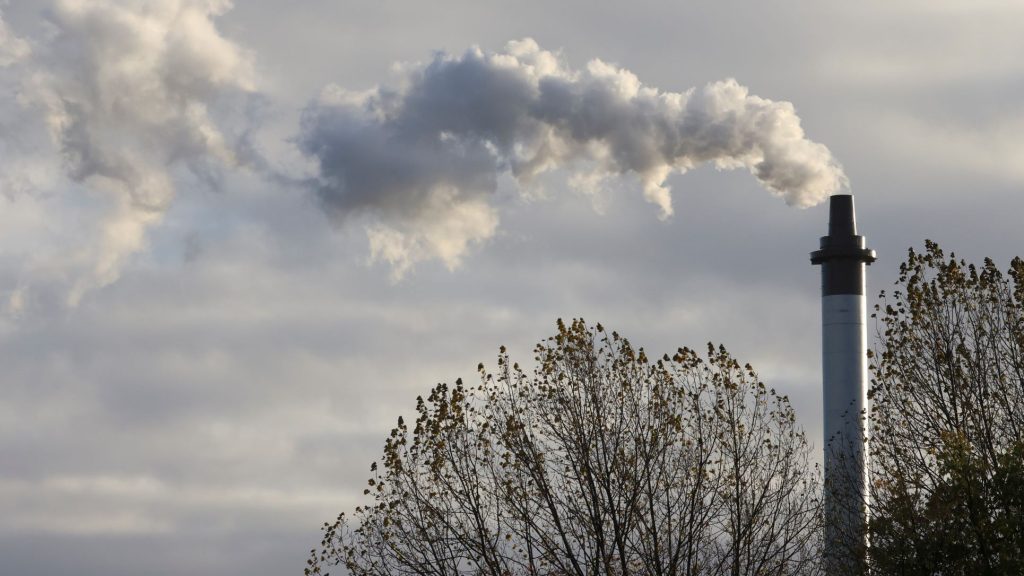UK’s First CO2 Storage Round Attracts Bids From 19 Companies

A total of 19 companies applied to develop carbon dioxide (CO2) storages off Britain in the country’s first such licensing round, the North Sea Transition Authority (NSTA) said on Thursday.
Britain aims to use CCS technology, which involves filtering planet-warming carbon from industrial smokestacks before it hits the atmosphere and storing it underground, to hold 20 million to 30 million tonnes of CO2 by 2030.
“The level of interest already expressed suggests there will be strong competition, meaning that prospective licensees will need to produce high-quality bids to win licences,” the NSTA said.
It didn’t name the bidders, but Italy’s Eni said on Wednesday it had applied to store CO2 at the depleted Hewett gas field.
The NSTA offered 13 areas, consisting of a mix of depleted oil and gas fields and porous rock formations containing seawater. These come on top of six licences granted under a pilot scheme.
While CCS can help carbon-heavy industries cut their emissions, it is yet to be deployed on a large scale anywhere in the world.
NSTA estimates as many as 100 CO2 stores could be required in order for Britain to meet its net zero emissions target by 2050 target.
Britain’s greenhouse gas emissions stood at around 425 million tonnes of CO2 equivalent last year, according to government data.
Applications closed on Sept. 13, with awards expected to be made early next year, and the first injection of CO2 coming in four-to-six, NSTA said.
(Reporting by Nina Chestney, Additional reporting by Nerijus Adomaitis in Oslo; Editing by Mark Potter)




